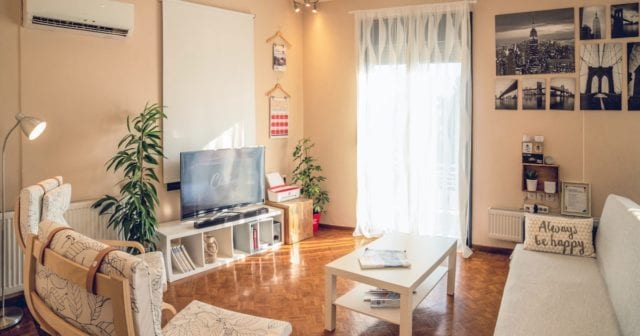Renting out your property when you’re not there can be a great way to earn extra cash and build wealth, especially if you live in an area tourists want to visit. Whether you use AirBnB or a property manager, you’re not alone in looking at a vacant property and seeing the potential. But the first question you need to ask yourself is about how well you and your property are protected from harm.
Here’s what you need to know about your insurance when you rent out your home.
Occasional, Short-Term Rentals
If you only want to rent your home out for a couple of weekends a year or maybe a week while you’re out of town, this will likely be considered an occasional short-term rental. Your homeowners insurance policy may still cover your home during this time — but only if you notify them ahead of time.
For rentals that are more frequent but still not happening on a regular basis, your insurance company may require that you purchase an additional rider or endorsement for your current policy. There’s no way to know which your insurance company will require for sure until you contact them. But not notifying them of the rental could mean they won’t cover a claim if something happens while you have renters.
Regular, Short-Term Rentals
If you’re planning to rent out your home on a regular basis, whether for a week or a weekend at a time, you’re now operating a business. Yes, even if you don’t make that much money from it. Your homeowners insurance policy won’t cover these activities. You’re going to need a business insurance policy for those times when you rent.
Talk to your independent insurance agency like ours about exactly when, how often, and how long you’re renting your home. You may need a hotel insurance policy or a bed and breakfast policy.
Long-Term Rentals
When you rent your home or vacation home for a long period of time, typically six months or longer, you’re now operating as a landlord. Your home will not be covered under a standard homeowners insurance policy at this point. You’re going to need a landlord insurance policy.
Landlord insurance policies offer multiple forms of coverage for your home or vacation home and yourself:
- Coverage for property damage to the structure of your home
- Coverage for personal property you’ve left at your home for use
- Liability coverage if a tenant or someone else gets hurt
- Some policies include loss of rental income while your home is being rebuilt or repaired after a covered peril
You can expect to pay about 25 percent more than you would for a regular homeowners policy because of the added protections. Your insurance will not cover your tenant’s personal property so it’s a good practice to require all long-term tenants have renters insurance as a requirement for renting.
If you’re considering renting out your primary residence or your vacation home, make sure you know what kind of insurance coverage you need. Tenants and guests can help you make extra income, but their presence in your home increases your risks, too. The right insurance will protect you and your home. Contact Charlotte Insurance today to find out if your homeowners insurance will cover you or to get a free quote for a new insurance policy.

